- Home
- -Blog
Google Alternatives: That Offer Privacy, Causes and More

- 26 August 2024
- Shabir Ahmad
Google Alternatives: That Offer Privacy, Causes and More
People are increasingly looking for alternatives to Google for several reasons. Privacy is a major concern as Google tracks user data to personalize ads and search results. Many users prefer search engines that don't follow their every move online. In fact over 76% of people are worried about how their data is being collected and used.
Others are seeking search engines that offer different features or a more focused experience. For instance some search engines prioritize eco-friendly initiatives while others focus on specific topics like science or academic research. Additionally there is a growing desire to support smaller platforms that align with personal values rather than big tech companies.
Why Look for Google Alternatives?
- Privacy Concerns with Data Tracking: One of the main reasons people turn away from Google is due to privacy issues. Google collects vast amounts of data from users which is then used to target ads and personalize search results. A study showed that 81% of people feel they have little control over the data collected by companies and many are uncomfortable with this level of tracking. As a result, users are seeking safe search engines that don't follow their online activities or compromise their privacy. If you're concerned about your own digital footprint, you might also want to find out how to remove personal information from Google as an extra step toward better privacy
- Need for Search Engines with Different Focus Areas: Another reason for exploring Google alternatives is the need for search engines that focus on specific interests. For example some search engines like Ecosia contribute to environmental causes while others such as Qwant cater to users who want a safer experience for children or privacy-focused results. These specialized platforms provide a more tailored experience based on user preferences and values.
- Supporting Platforms with Different Values: Many users are also motivated by a desire to support smaller platforms that reflect their personal values. Unlike Google which is a large corporation alternatives like Startpage and Mojeek offer services that align with principles such as data privacy environmental responsibility or community-driven content. By choosing these platforms users can feel more connected to the mission behind the search engine they use.
Top Privacy-Focused Google Alternatives
DuckDuckGo:
DuckDuckGo has gained a strong following because it doesn't track users. Unlike Google which gathers data to personalize ads and search results DuckDuckGo provides the same results to everyone making it a favorite for privacy-conscious users. With over 3 billion searches per month it's clear that many people appreciate this no-tracking approach.Startpage:
Startpage offers the best of both worlds: you get Google's search results without the tracking. It uses Google's search algorithm but strips out all identifying information ensuring that your searches remain private. This makes it an excellent option for those who prefer Google's accuracy but not the privacy trade-offs. Startpage has been recommended by privacy advocates and has a strong reputation in Europe.Swisscows:
Swisscows is unique in its approach to privacy and safety. It doesn't store or track user data making it a solid choice for privacy. Additionally it's family-friendly filtering out violent and adult content which makes it particularly appealing to parents. Operating out of Switzerland a country known for its strict privacy laws Swisscows combines privacy with a safe browsing experience.Mojeek:
Mojeek stands out as one of the few search engines that have built their own index rather than relying on Google or Bing. This independence ensures that Mojeek provides unique results while maintaining a strong commitment to privacy. Mojeek doesn't track users or personalize results based on past behavior which has made it a trusted option for those seeking a different search experience.
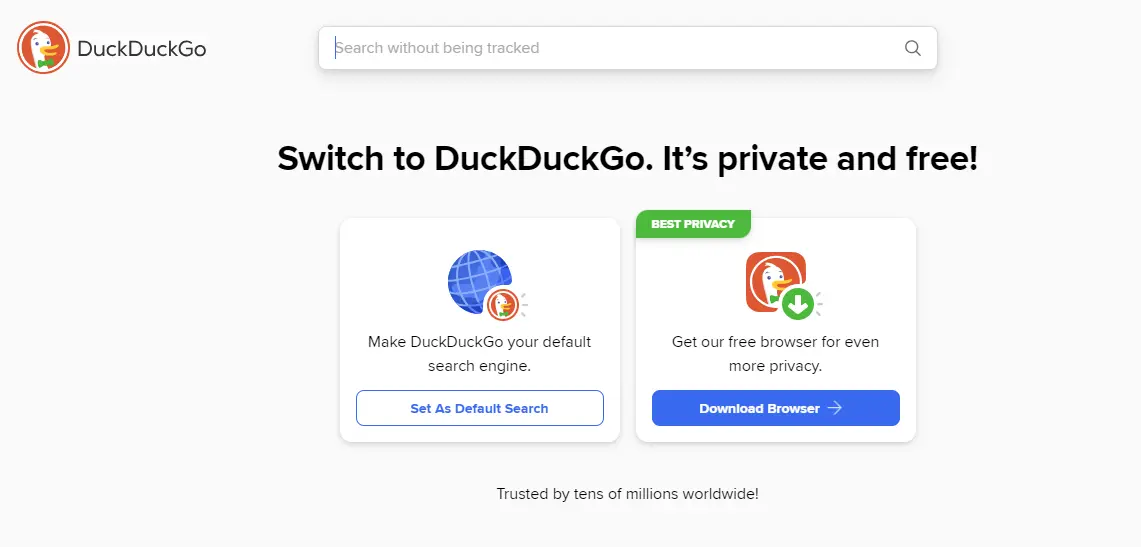
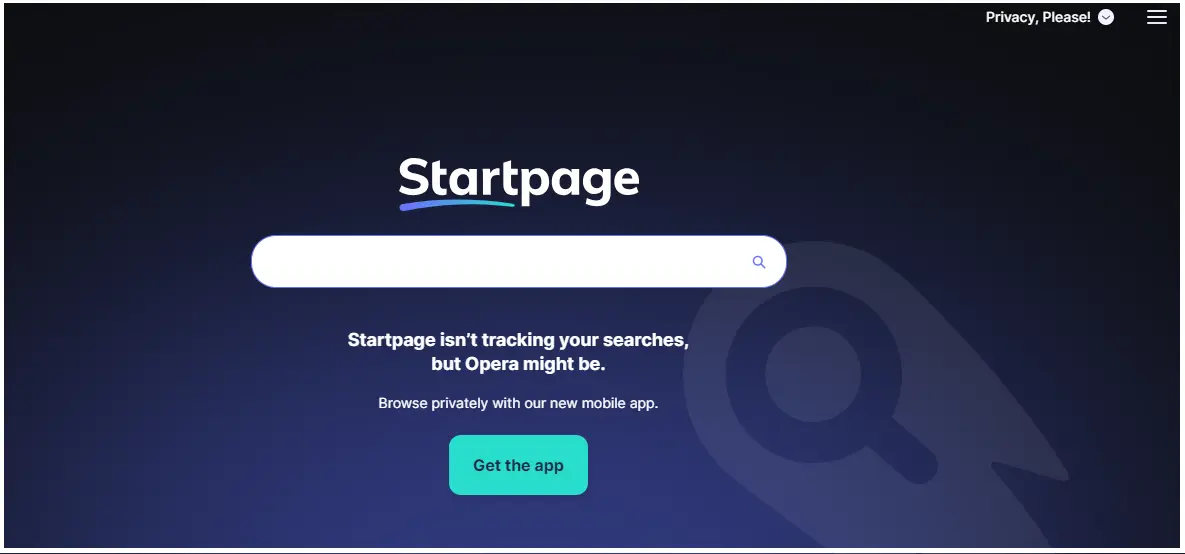

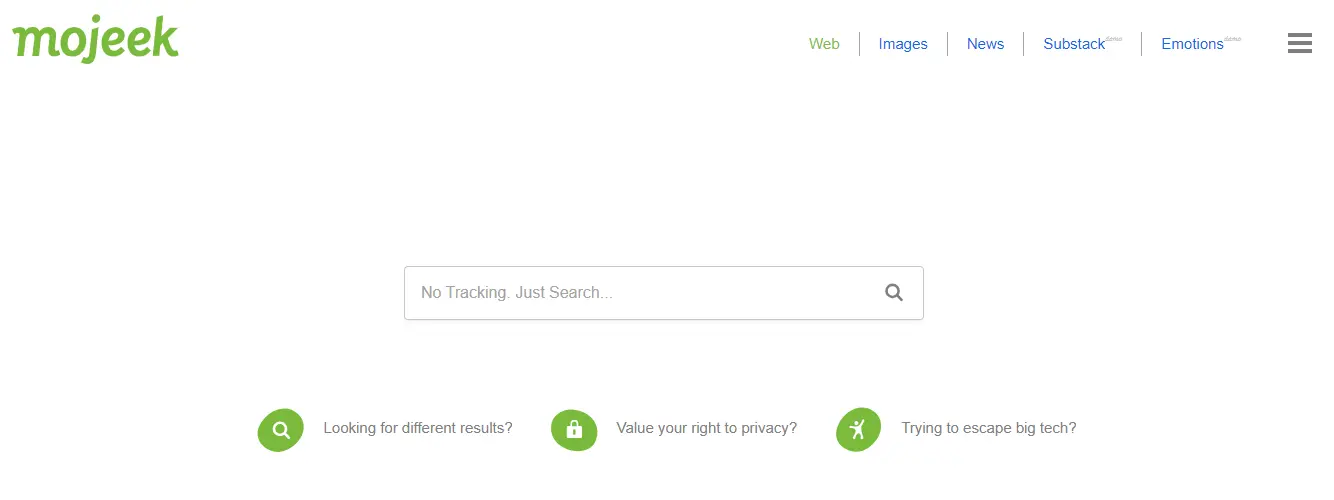
Search Engines That Support Causes
Ecosia:
Ecosia is a search engine that allows users to contribute to reforestation efforts with every search. For approximately every 45 searches Ecosia plants a tree. As of now Ecosia has planted over 160 million trees worldwide making it a popular choice for those who want to make a positive environmental impact. The company is transparent about its financials and provides regular updates on tree-planting projects.GiveWater:
GiveWater is another search engine with a mission to support global causes specifically focusing on clean water initiatives. Every time a user searches and clicks on an ad a portion of the revenue goes toward providing clean drinking water to communities in need. With 663 million people lacking access to clean water GiveWater offers a simple way to contribute to solving this problem through everyday web searches.Ekoru:
Ekoru is a search engine dedicated to cleaning up the oceans. A portion of its revenue is donated to organizations working on marine conservation including efforts to remove plastic waste and replant seagrass in damaged areas.Many of these initiatives are supported by top global nonprofits protecting the environment, which partner with businesses like Ekoru to amplify their impact. Ekoru also runs on renewable energy with its servers powered by hydroelectricity reducing its carbon footprint . This makes it a great option for environmentally-conscious users who want to protect the planet's oceans.

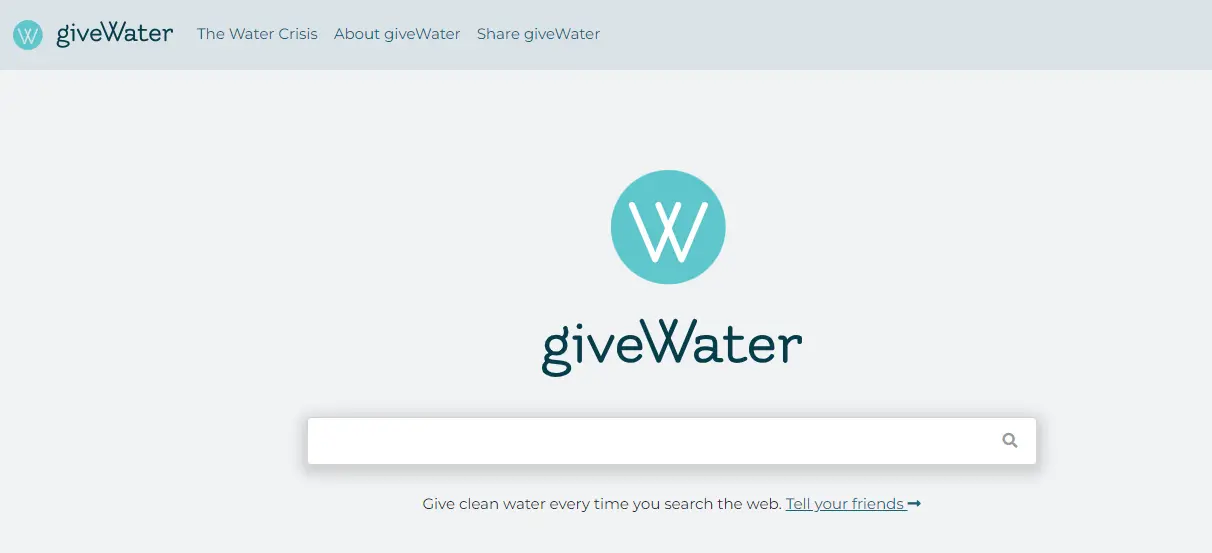
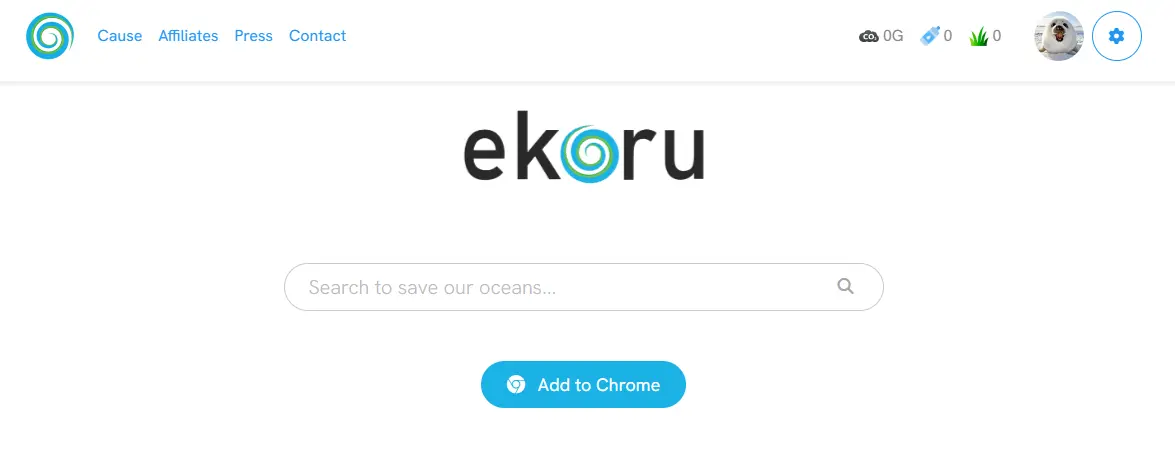
Non-English and Regional Search Engines
Yandex:
Yandex is the most popular search engine in Russia capturing more than 60% of the market. It's not just a search engine; Yandex offers a range of services including maps, email and cloud storage similar to what Google provides. It's widely used for local searches and has a strong presence in Russian-speaking countries. Yandex's services are tailored to meet the needs of its users making it a go-to option in the region.Baidu:
Baidu is the leading search engine in China holding over 70% of the search market. It provides a comprehensive set of services beyond just search including maps, cloud storage and a robust AI-driven platform. Baidu is deeply integrated into Chinese digital life offering features that cater to local needs and preferences. Given China's strict internet regulations Baidu is often the only viable option for users within the country.Naver:
Naver is the most popular search engine in South Korea where it commands around 50% of the market. It's more than just a search engine—Naver provides a portal to a wide array of services including news, shopping and social media. What sets Naver apart is its focus on local content and its ability to cater to the specific interests and needs of South Korean users. Its interface and services are designed with the local audience in mind making it the preferred choice for millions.

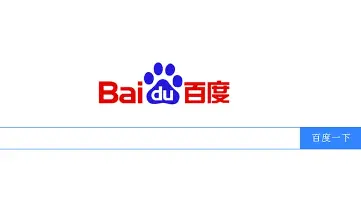

Niche Search Engines for Specialized Needs
Wolfram Alpha:
Wolfram Alpha is not your typical search engine. Instead of providing a list of links it computes answers to questions making it an ideal tool for those needing quick solutions in math, science and technical fields. Whether you're solving equations, analyzing data or exploring scientific concepts Wolfram Alpha provides precise computation-based answers. It's especially popular among students, educators and professionals in STEM fields.Internet Archive:
The Internet Archive is a treasure trove for anyone looking to explore historical data or access archived web pages. It serves as a digital library preserving websites, books, music and more. This makes it an invaluable resource for researchers, historians or anyone interested in the digital past. With over 25 years of web history the Internet Archive offers a unique glimpse into how the internet has evolved over time.Qwant:
Qwant is a privacy-centered search engine that stands out by not tracking its users. It's particularly useful for those who value their online privacy but still want a comprehensive search experience. Qwant also organizes its results into different sections including music and social media allowing users to find content more easily in these specific areas. This makes Qwant a solid option for users who want to browse the web without compromising their personal information.



AI-Powered and Next-Gen Search Engines
Andi:
Andi is an emerging search engine that leverages AI to provide a more conversational search experience. Unlike traditional search engines that list out links, Andi aims to deliver direct answers to user queries by combining AI-driven summaries with relevant sources. This makes it especially useful for users looking for quick digestible information rather than sifting through multiple search results.Andi's interface is designed to resemble a chat making the search process feel more interactive and user-friendly. This setup is particularly appealing to users who are accustomed to virtual assistants or chatbots. As AI continues to evolve search engines like Andi represent the next generation of tools that aim to make finding information faster and more intuitive.
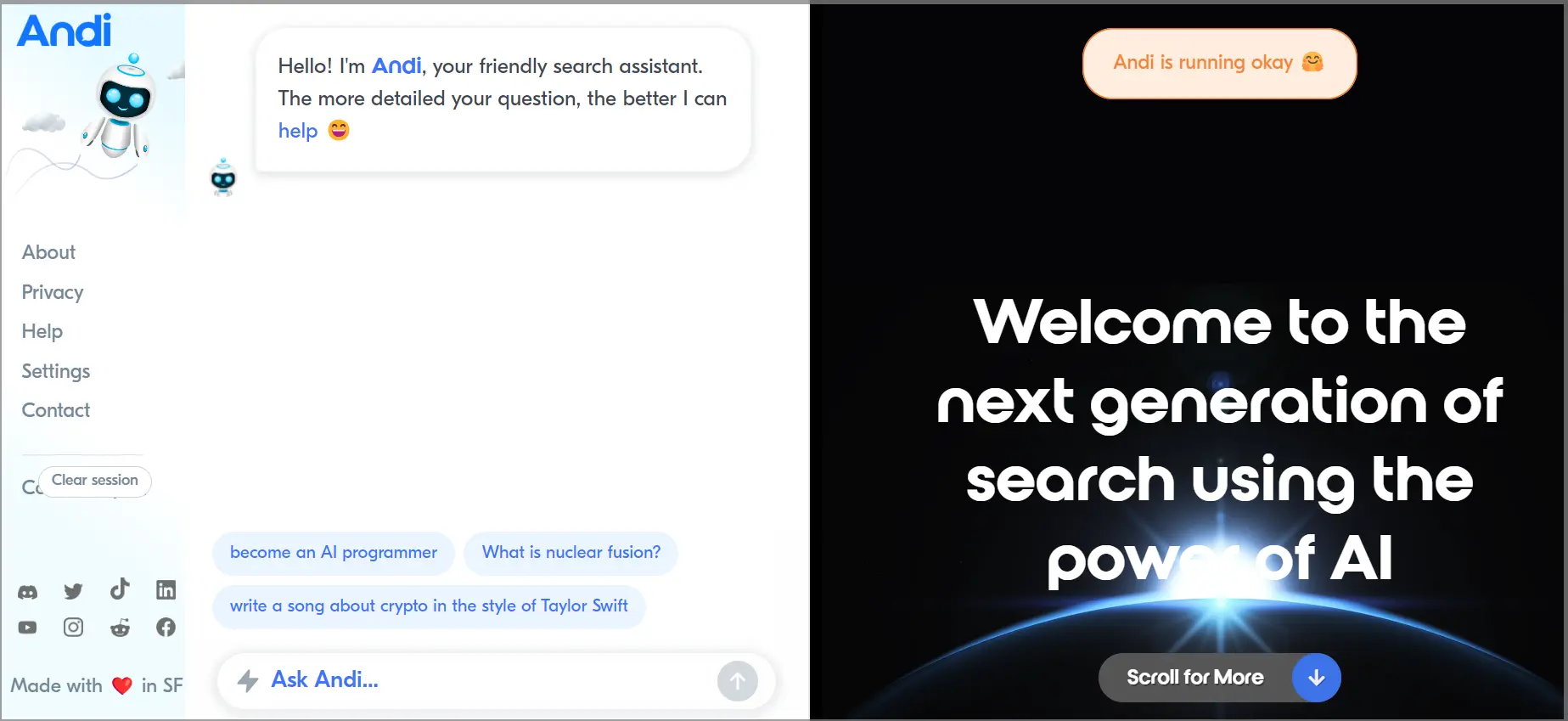
Conclusion
Exploring alternatives to Google opens up a world of options that cater to different needs and values. Whether you're concerned about privacy, want to support environmental causes, or need specialized search capabilities there are plenty of search engines to choose from. Each alternative offers something unique from DuckDuckGo's privacy focus to Ecosia's tree-planting mission and Wolfram Alpha's computational prowess. By understanding these options you can select a search engine that aligns with your preferences and supports what matters most to you.



